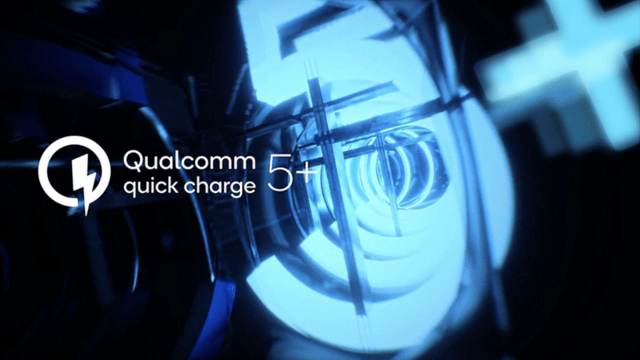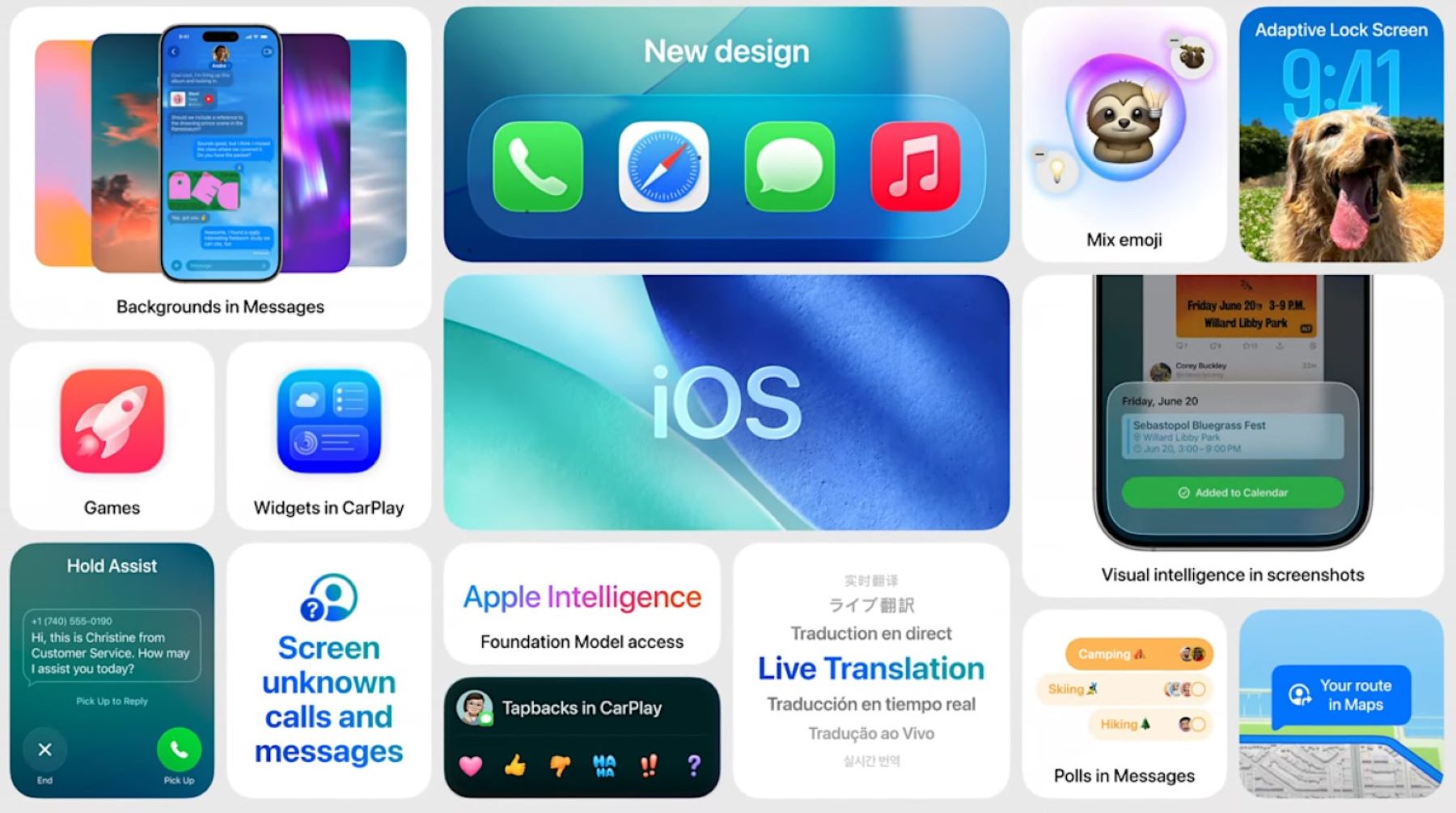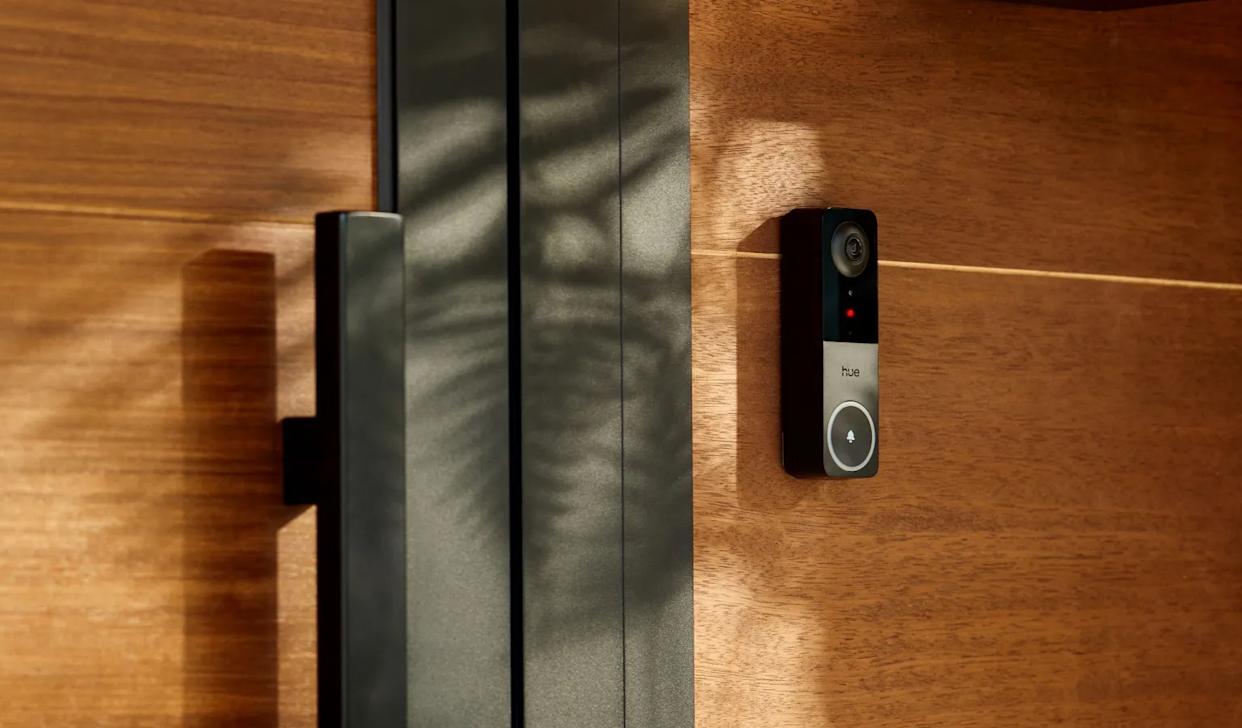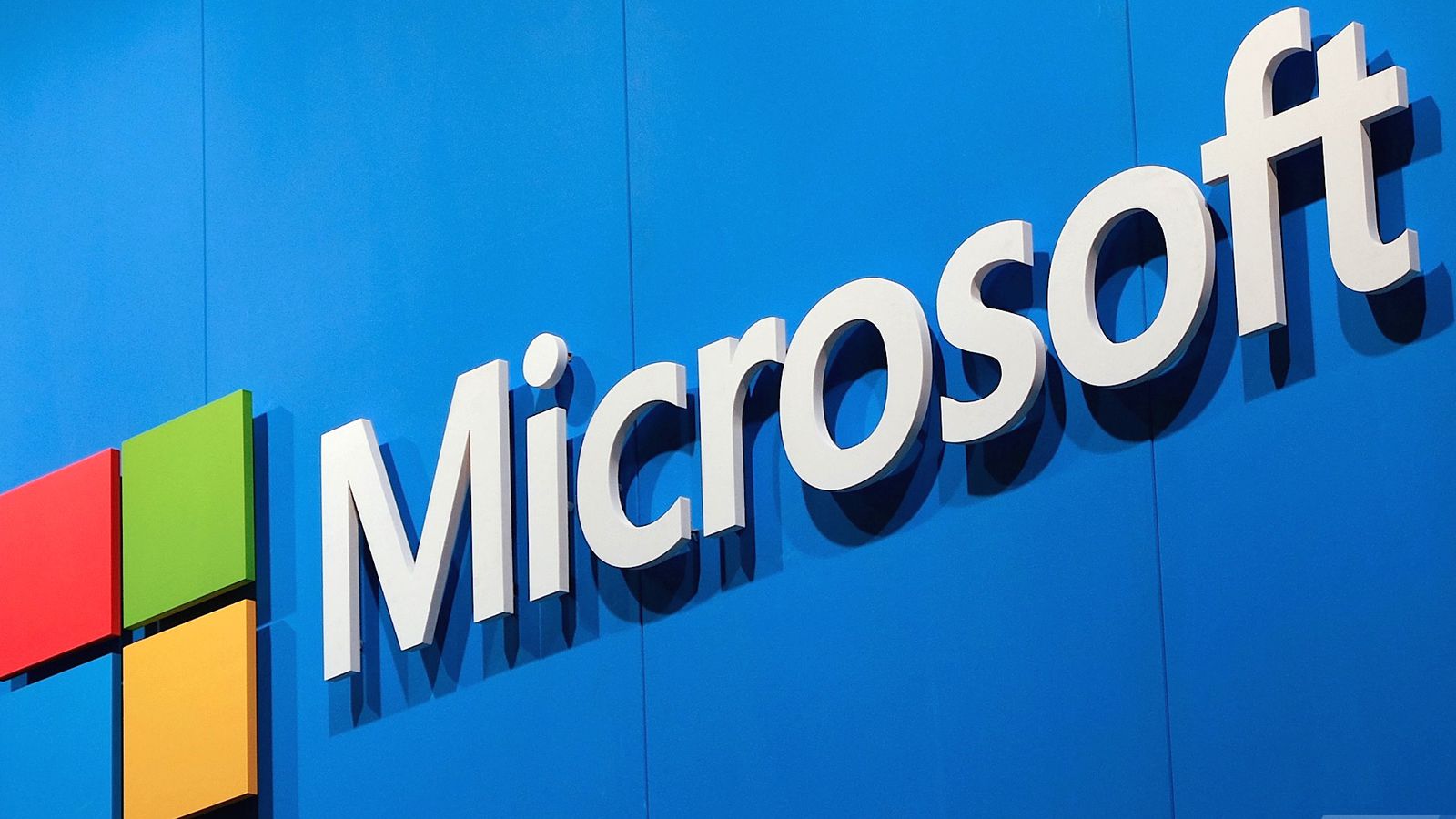Uber and Nokia are two companies that have a lot of similarities right now. Both companies are working to reinvent themselves, as competition has grown in their respective industries. While Nokia only recently got back into the mapping space after a yearlong hiatus from some mobile platforms, Uber has been struggling with a public perception problem that has made it difficult to compete with some of the companies who are still just talking about entering the market. That means for Uber, competition that actually exists is even more challenging to fight against. That’s what makes this potential acquisition so interesting.
Reportedly, Uber has put in a bid of $3 billion, joining the likes of Audi, BMW, and Mercedes-Benz, who all have made efforts to win the bidding war for Here Maps. The three automakers are teaming up to put together a bid that will compete with what Uber is putting fourth, and given the fact that Nokia has pointed out that Here technology is used in more than 80% of all vehicles in North America, which have navigation technology installed, shows the value of something like this.

Analysts from Liberum pointed out that, “We believe the price is likely to be north of €3 billion,” which would mean that the final acquisition price would likely sit around $3.4 billion. For Uber though this would be an opportunity to diversify their holdings, and really provide some great integration tools. If the company would have the ability to put better maps together for users, they would ultimately see an increase in their business. Their logic at this point revolves around the idea that if they have the technology for mapping, it will make their rideshare service better.
There has also been a lot of chatter around the idea that Nokia might be getting back into the hardware business. Specifically, Nokia might be considering a run back into smartphones. The difference this time though would be that Nokia would be entering the Android smartphone business, instead of the Windows smartphone business. This would be interesting given the fact that both Nokia and Microsoft have benefited from the Lumia business being transferred.
http://thehoopsnews.com/2015/05/08/4920/mysterious-hole-is-drinking-lost-lake-of-oregon-to-avoid-flooding/
No matter how well Nokia’s potential Android business performs though, the biggest takeaway from that move would be the fact that Windows Phone has become a liability. That would speak far greater to Microsoft’s inability in recent years to put together a reasonable product for the modern smartphone market – rather than speak to Nokia’s inability to decide whether they actually want to be in the smartphone market or not.
However, successfully entering the Android smartphone market would significantly help the company go in a direction that makes more sense for the company and brand as a whole








Add Comment